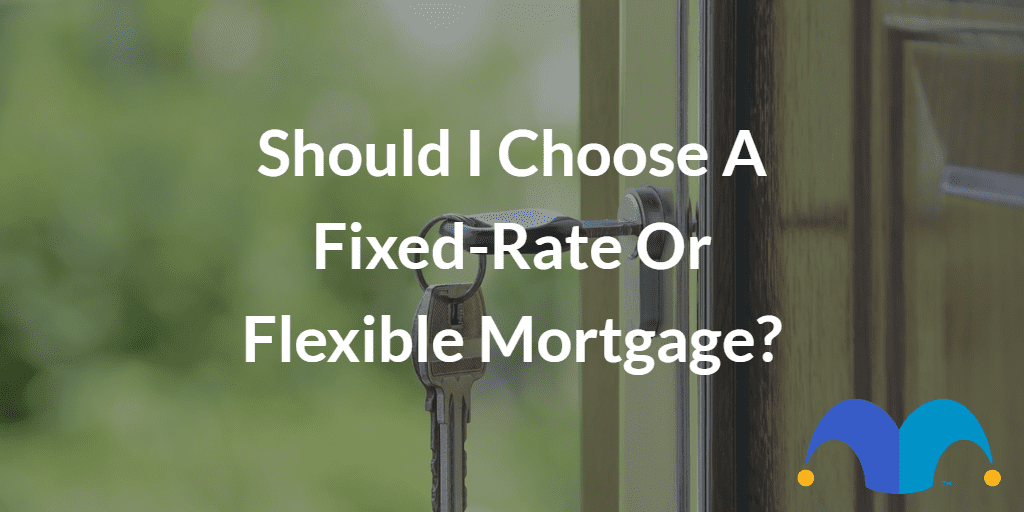Are you moving house? Or is your mortgage deal coming to an end? If so, then you’ve probably wondered whether you should choose a fixed-rate or flexible mortgage. With interest rates at a historic low, is it better to lock in your rate for long term certainty? Or will you get a better deal with a flexible mortgage?
It’s likely that your mortgage is your biggest outgoing, so it’s important to do your research and pick the best product for you. Here, I take a look at the differences between the two types of mortgages.
Differences between fixed-rate and flexible mortgages
Any type of mortgage is a financial contract between you and the mortgage lender. With a fixed-rate mortgage, you agree to pay a set amount of interest on your loan until the end of the deal period – usually from two to five years. Even if the Bank of England base rate changes, your mortgage payments will remain the same.
Discount and tracker mortgages are types of flexible mortgages. With these, your interest rate will vary depending on the Bank of England base rate. If the base rate goes up 0.5% your interest payments will also usually rise by 0.5%. Tracker mortgages follow the Bank of England base rate with a margin added by the lender. Discount mortgages track the lender’s standard variable rate (SVR) and are usually slightly more expensive than tracker mortgages.
It is worth noting that the term on your mortgage is usually different to the length of your deal. For example, if you agree a 25-year mortgage with a two-year discounted rate, this means that your mortgage will be repaid over 25 years but the discounted rate will only apply for tow years.
After two years, the mortgage will revert to the lender’s SVR, which is usually a lot higher than a discounted rate. Many people choose to remortgage every time their deal ends to secure another discount and keep their costs down.
Advantages of a fixed-rate mortgage
Here are the main advantages of a fixed-rate mortgage:
- Financial certainty: you will know exactly what mortgage payments to expect until your deal ends. This is great if money is tight and you would struggle if your mortgage payments increased.
- Save cash if interest rates rise: you will be insulated against interest rate rises because your mortgage payments will stay the same. Although no one knows the future, an interest rate rise is possible at some point as interest rates are at a historic low of 0.1%.
- Great deals around: at the moment, there are some fantastic deals around on fixed rates mortgages, especially if you are lucky enough to have a large deposit.
Advantages of a flexible mortgage
Here are the main advantages of a flexible mortgage:
- May cost less than a fixed-rate mortgage: banks often charge slightly higher interest rates on fixed-rate mortgages because they are taking a risk and will get less money back if rates go up.
- Save cash if interest rates fall: your mortgage payments will reduce as your rate is flexible. However, at the moment, an interest rate reduction is unlikely as rates are already so low.
- Longer-term deals available: if you want a long-term mortgage deal for 10 years or more, it may be easier to secure a flexible rate. Longer deals can be great if you have a smaller mortgage or don’t want the hassle of remortgaging every few years.
Other things to consider
There are lots of things to weigh up when looking at a new mortgage. Think about the product fees as well as the mortgage term you want to go for.
Mortgage lenders often change the deals they offer on mortgages, even if the Bank of England rate is unchanged. They take into account their predictions of future interest rates as well as how cheap it is for them to borrow money. If you have a while before you need to remortgage or buy a house, then it is worth keeping an eye out for good deals.
If you’re a first-time buyer and you’ve found a deal you like, then it might be time to take the next step and apply.
